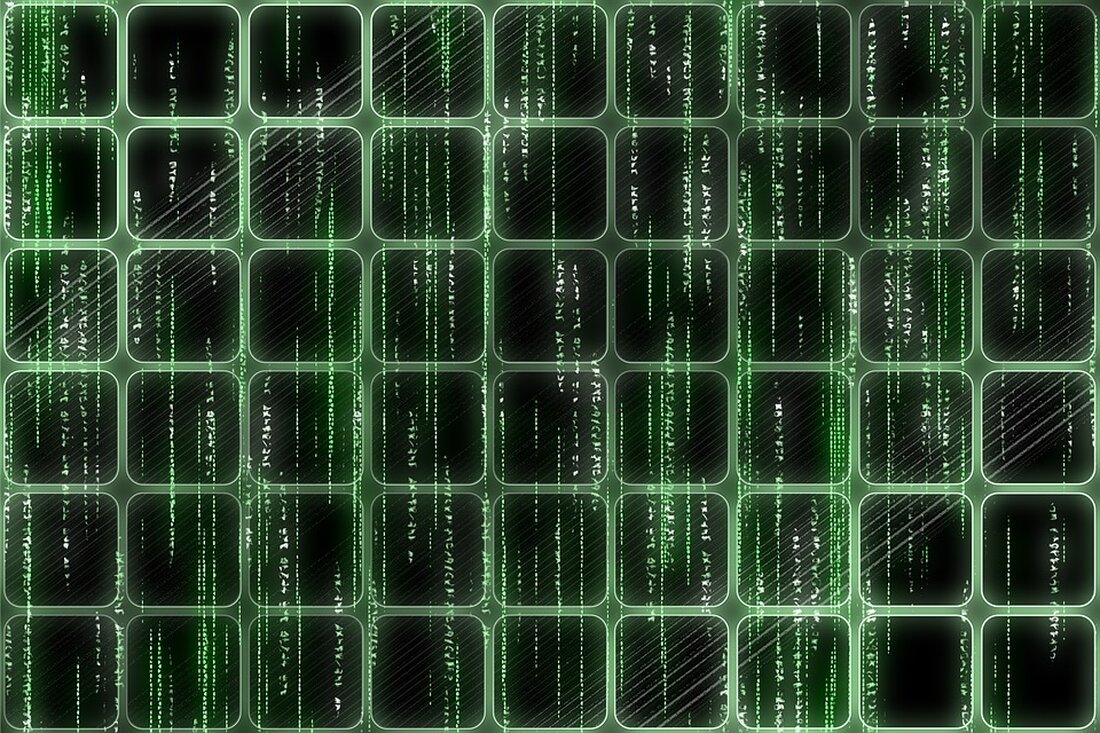Data theft from banks: How the cyber attack on Majorel affects the financial industry
According to a report by www.fr.de, more than 144,000 data records were stolen in a cyber attack on the account switching service provider Majorel. Postbank was the hardest hit, with 60,444 records stolen. Deutsche Bank, Bank99, ING Deutschland, Oldenburgische Landesbank, Norisbank and GLS-Bank were also affected by the data theft. Customers who used account switching assistance when opening a current account were informed in writing and should be particularly vigilant. The impact of this cyberattack could be far-reaching. First of all, customers' trust in the security of their bank data could be permanently undermined. Many bank customers are likely to be unsettled and may change provider or at least increasingly...

Data theft from banks: How the cyber attack on Majorel affects the financial industry
According to a report by www.fr.de, more than 144,000 records were stolen in a cyber attack on the account switching service provider Majorel. Postbank was the hardest hit, with 60,444 records stolen. Deutsche Bank, Bank99, ING Deutschland, Oldenburgische Landesbank, Norisbank and GLS-Bank were also affected by the data theft. Customers who used account switching assistance when opening a current account were informed in writing and should be particularly vigilant.
The impact of this cyberattack could be far-reaching. First of all, customers' trust in the security of their bank data could be permanently undermined. Many bank customers are likely to be unsettled and may switch providers or at least increasingly resort to alternative payment and account options. This could particularly impact the online banking industry, as customers may increasingly look for safer and more reliable alternatives.
In addition, it is expected that the affected banks will have to invest significant financial resources in securing their IT systems in order to prevent future cyber attacks. This could result in increased costs and potentially a reduction in profit margins. In addition, this incident could impact the share price of the affected banks, as investors may be concerned about the security situation and financial impact of the incident.
Overall, this cyberattack highlights the ongoing threat of cybercrime and the need for financial institutions to continually invest in the security of their IT systems to ensure the confidentiality and integrity of customer data.
Read the source article at www.fr.de

 Suche
Suche
 Mein Konto
Mein Konto
